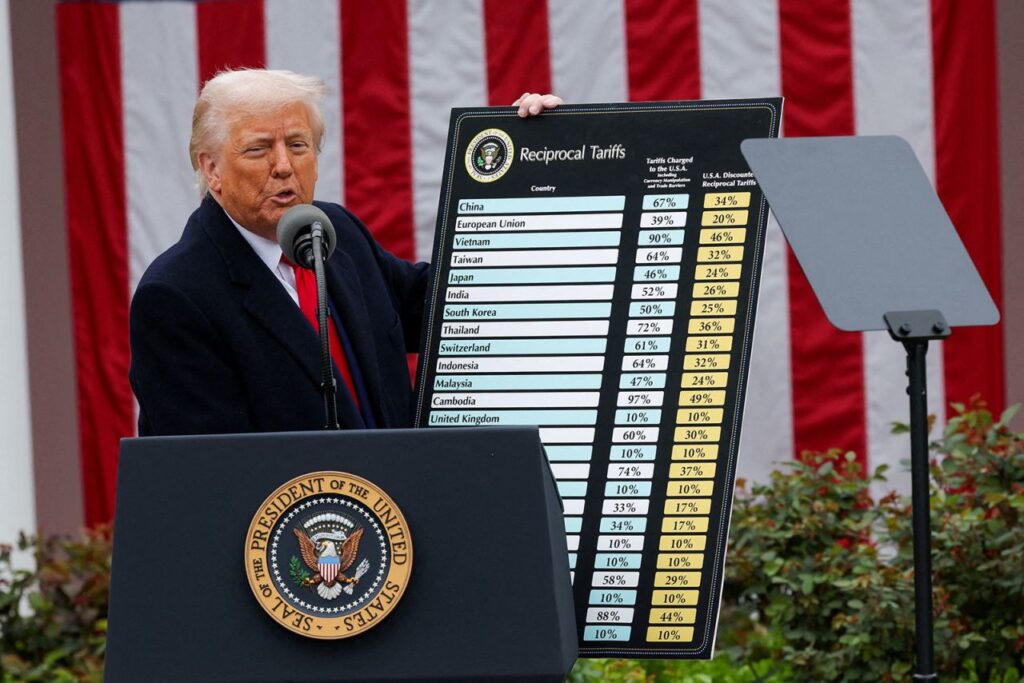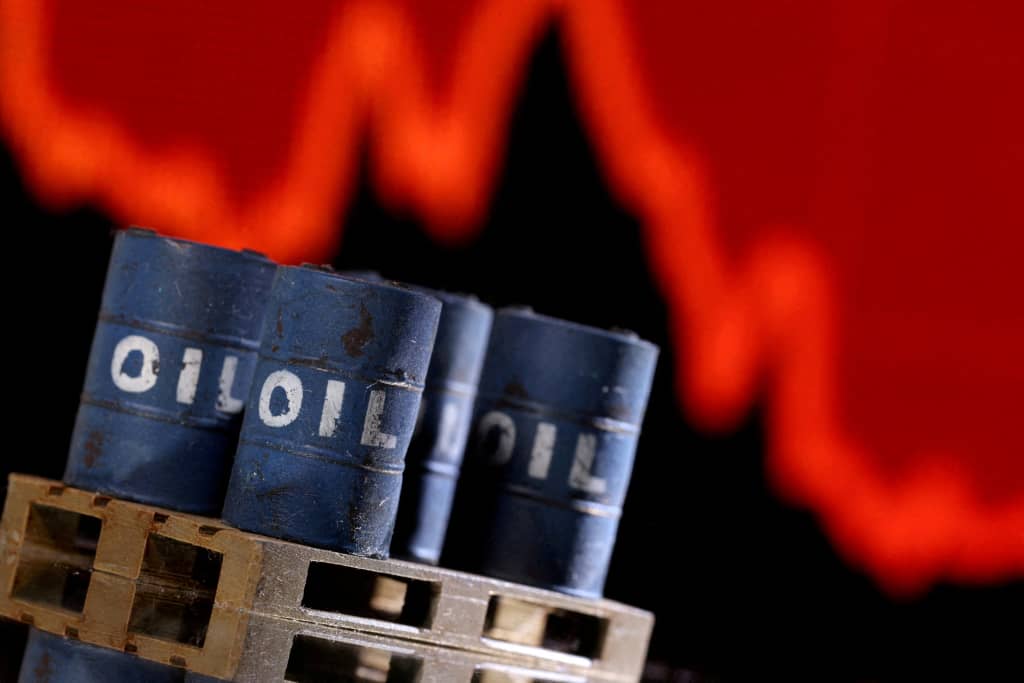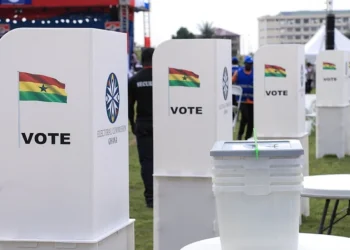U.S. President Donald Trump has signaled his readiness to extend punitive tariffs beyond India, warning that China could be next on the list of countries to face economic retaliation for continuing to import crude oil from Russia.
Speaking at a press conference, Trump confirmed his administration’s decision to impose a significant 25% increase in tariffs on Indian goods.
This move, he said, is a direct response to India’s continued energy trade with Russia, despite the ongoing geopolitical standoff and widespread sanctions against Moscow.
“I determine that it is necessary and appropriate to impose an additional ad valorem duty on imports of articles of India, which is directly or indirectly importing Russian Federation oil,”
U.S. President Donald Trump
The decision, he added, reflects his administration’s broader stance on isolating nations that are financially supporting Russia by purchasing its fossil fuels.
While the announcement sent shockwaves through diplomatic and economic circles, Trump’s suggestion that China could face similar penalties has intensified concerns over a broader global trade fallout.
Asked by a reporter whether his administration would consider the same approach for China, the former president was measured but firm in his response.

“I mean, I don’t know. I can’t tell you yet. But I can — we did it with — we did it with India.
“We’re doing it, probably with a couple of others. One of them could be China.”
U.S. President Donald Trump
Though vague, his comments left no doubt that the former president is seriously weighing similar measures against Beijing, the world’s largest importer of Russian crude.
India, meanwhile, has pushed back strongly against the U.S. decision. In a statement released following Trump’s announcement, India’s Ministry of External Affairs described the additional tariffs as “unjustified and unreasonable,” warning that such actions could strain bilateral relations.
A spokesperson noted that India’s energy decisions are driven by national interest and grounded in the need to secure stable and affordable energy supplies for its 1.4 billion citizens.
“Oil import decisions are based on market factors and done with the overall objective of ensuring the energy security of 1.4 billion people of India.
“It is therefore extremely unfortunate that the U.S. should choose to impose additional tariffs on India for actions that several other countries are also taking in their own national interest.”
India’s Ministry of External Affairs
Trade Tensions Escalate

The ministry also pointed to what it views as a double standard, noting that both the United States and the European Union have continued to import certain goods from Russia despite their tough rhetoric.
The suggestion that India is being singled out for behavior that other major economies are also engaged in has further fueled criticism of Washington’s latest trade actions.
Trump’s decision comes amid growing scrutiny of India’s expanding energy relationship with Russia.
Since the onset of the war in Ukraine, India has significantly increased its purchases of Russian oil, taking advantage of discounted prices while Western nations have sought to curtail Moscow’s revenue streams.

While Indian officials have consistently maintained that their actions are legal and within the bounds of international trade norms, the move has drawn criticism from Western allies.
The tariffs could also have ripple effects on global markets, particularly if other nations, including China, become targets.
As Trump mulls additional penalties, the geopolitical landscape appears increasingly uncertain. For now, India is holding firm, insisting that its actions are consistent with national interest.
But the implications of these tariffs and the potential targeting of China, suggest that the global debate over energy trade with Russia is far from over.
READ ALSO: IMF Urges BoG to Hold Tight on Policy Rate to Cement Disinflation Gains



















